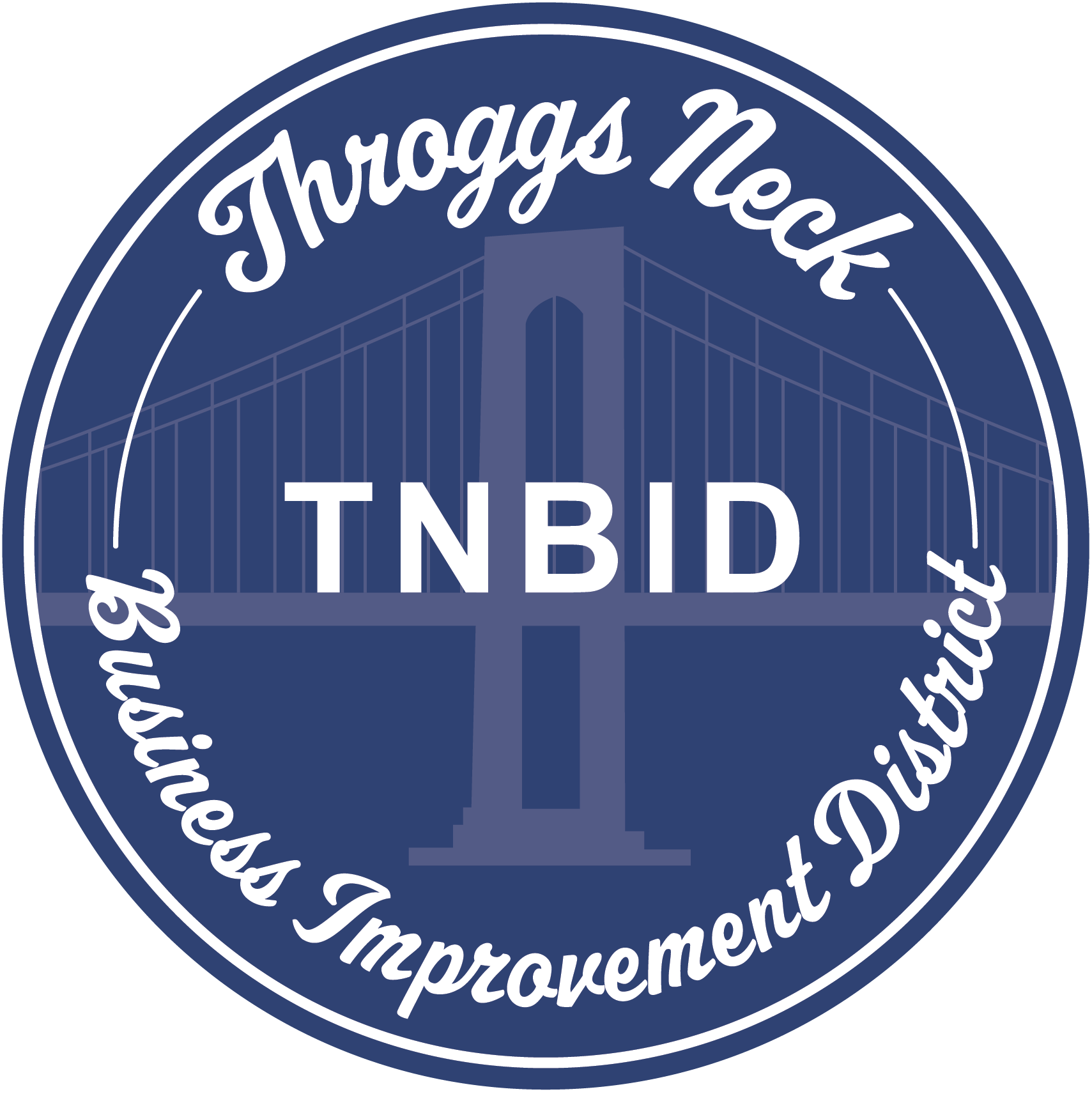BID membership is open to all property owners, commercial tenants and residents within the district boundaries.
Only registered members may vote at the BID’s annual meeting.
Please fill out the registration form. Once we have verified the information, you will be added to the BID registered membership list.
The Throggs Neck BID encompasses all properties along East Tremont Avenue bounded by Bruckner Boulevard on the West and Miles Avenue on the East.
To register, you must be a property owner, commercial tenant or resident of one of the properties included within the District.
Either cut and paste, or print, the form below and return it completed either by mail (Throggs Neck BID, 3800 East Tremont Avenue, Bronx, NY 10465) or email (throggsneckbid@gmail.com)
REGISTRATION FORM
Please Print!
NAME OF BUSINESS________________________________________
(if resident, please write Resident.)
Classification (see below) _______________________________
Class A: Property Owner Class B: Commercial Tenant Class C: Resident
Address of property____________________________________
Mailing Address, if different from above:___________________________________
Your Name: __________________________________________________
Phone Number:________________________________________________
Email Address:_________________________________________________
Signature:__________________________________________________Date Completed: ____________________________________________
Return this form:By Mail: Throggs Neck Business Improvement District 3800 East Tremont Avenue Bronx NY 10465By Email: throggsneckbid@gmail.com


